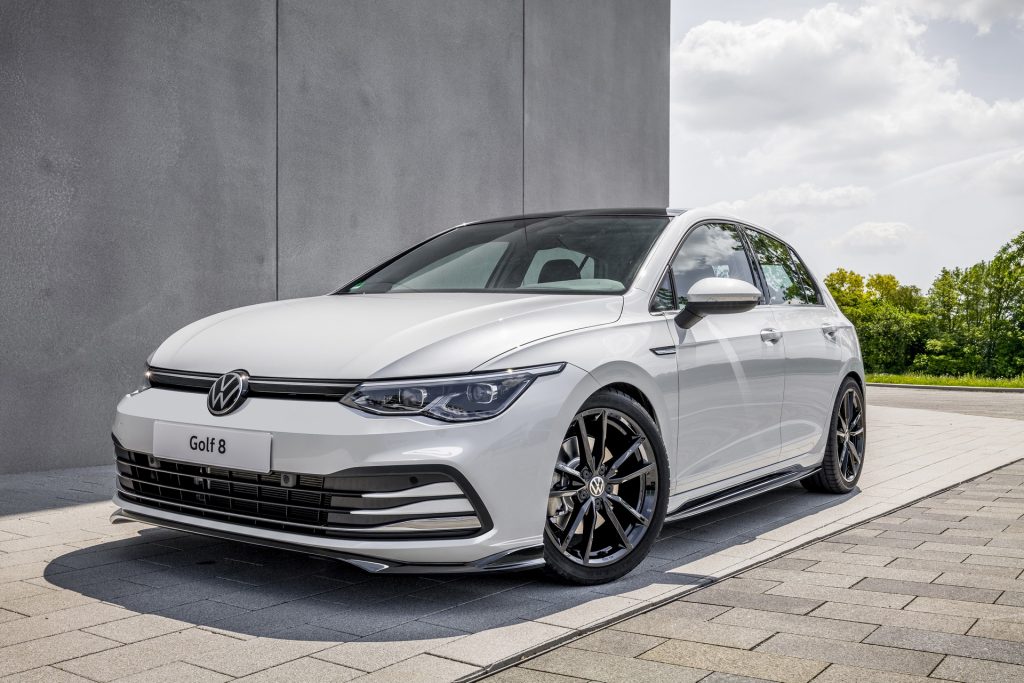
Purchasing a new vehicle can be rather expensive. The thing is, there are more costs involved than what you see on the sticker. If you aren’t prepared for them, you can be quite surprised. To make sure that the investment you’re making is a wise one, it’s critical for you to do a bit of research. Here’s a quick look at several of the hidden costs that are involved when buying a car in no particular order – regardless of whether it’s a new one or just new to you.
Title and Registration
Legally, you can’t really drive a vehicle if it’s not registered in your name. This means that you need to pay for registration, your number plates (that you can also get at CarReg.co.uk if you’re UK based), and the required titling documents. These costs will vary depending on where you happen to live and the type of plates you opt for. This is something that you need to check into before purchasing a vehicle.
Keeping It Clean
Many people might not think about the costs involved with keeping a vehicle clean and detailed, they just know that they want it done. Nobody wants to drive around in a vehicle that looks like it hasn’t seen a drop of water in a decade. However, even if this is something that you’ll do yourself, you still need to figure out the cost of supplies and water. While it’s much more cost-effective to do it yourself, it still isn’t free.
Financing
Unless you’re planning on paying cash for your new ride, you’ll need to get a loan, and loans come with finance charges. These charges are what it will cost for the loan and vary depending on the rate of interest. The interest rate will be determined based on factors that can include things like your credit score, the loan terms, and even the type of vehicle. If you want to save on these charges, save up enough cash to make a substantial down payment and be sure to shop around until you’ve found the best rate.
Gas – Petrol
Petrol, or gas, can be pricey, especially when you happen to be driving a gas guzzler. There’s no telling how much you’ll spend on a yearly basis for this, but it will depend on things like how much you drive it and the fuel efficiency of the vehicle, along with petrol prices and the conditions of the roads you drive on. If you happen to have a long work commute or take frequent road trips, try to buy a vehicle that has great ratings when it comes to fuel economy.
Insurance
This is yet another vehicle-related cost that isn’t too friendly to the wallet. However, it’s a necessary evil. If you get into an accident, it can save you thousands of dollars. It’s a good thing that comparison shopping for coverage is simple. Just be sure that along with the rates, you’re also looking at the policy specifics to ensure that you are not just getting what you can afford, but also what you need.
In reality, owning a vehicle isn’t just a necessity, it’s also a significant expense. This is why it’s so important that you take the time you’ll need to become familiar with ALL of the costs that are involved… including future maintenance. This will allow you to budget more accurately and can keep you from finding out down the road that your vehicle is ending up costing you more than what you can possibly afford. As the old saying goes, an ounce of prevention is worth a pound of cure.
